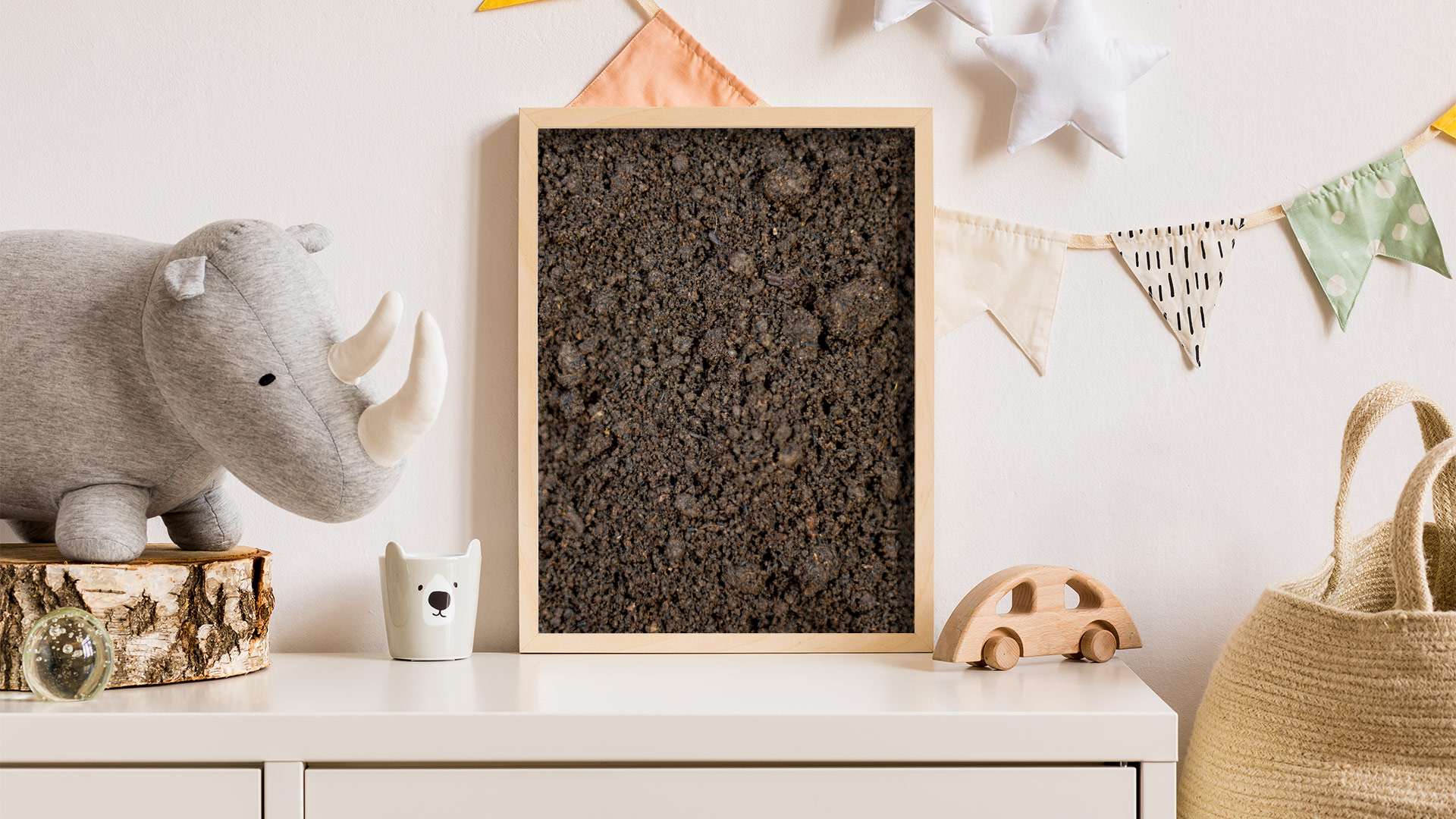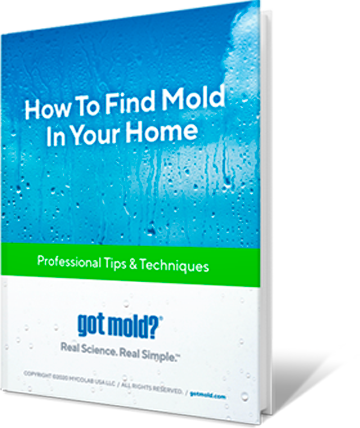
You’ve probably learned, at some time or another, that too much of a good thing can be a bad thing. Over-exercise and you might get injured. Overeat and you might have stomach trouble. Over-drink and you might find yourself wandering the streets in your birthday suit. There are endless examples that prove the premise.
And the same holds true for cleaning your home, particularly when you have a newborn whose immune system is still developing. While it’s essential to keep things sanitary, aiming for a sterile environment devoid of microbes (organisms too small to see with the naked eye, also known as microorganisms) can do more harm than good.
Instead, the goal should be to maintain the cleanliness of your home while promoting a healthy microbial ecology. Here’s how:
- Embrace the Good Microbes 🦠
Mountains of research indicate that a diverse microbial environment plays a crucial role in developing a healthy immune system. Exposing your child to a variety of microbes has been shown to help decrease the likelihood of asthma, allergies, and other autoimmune diseases.
The fact is, not all bacteria is bad. Most are harmless and many are beneficial, with only about 100 species known to cause serious human disease. Likewise, some degree of mold spores is a normal part of a healthy environment.
Does this mean you should let harmful germs or molds run roughshod over your home? Of course not. But you should, through proper ventilation, moisture control, and the right cleaning products, allow your home to maintain a natural, healthy balance.
- Clean, Not Sterile 🧼
Aim for a home that’s clean — free from excessive dirt and debris — without striving for sterility. Effective cleaning removes dirt and reduces germs without eliminating the beneficial microbes that contribute to our health. In other words, don’t remove the good in your quest to get rid of the bad.
A visually clean space is the goal, not an environment devoid of all life. The more we learn about antimicrobial products, the more we understand how harmful they can be to the planet and to us as individuals.
- Clean Doesn’t Have a Smell 👃
Ever walk into a place and think, “Wow, it smells so clean in here!”? It’s understandable — we’ve been trained to associate certain odors and aromas with cleanliness — but it’s an illusion. Clean doesn’t have a smell. Clean is the absence of dirt, not the presence of fragrances. This applies to laundry detergents, hand soaps, etc.
Opt for products like Force of Nature, which introduces an electrical current to salt, water and vinegar to form a solution that cleans surfaces without leaving harmful residues and odors. It’s the perfect example of a cleanser that promotes a balanced microbial environment, not a scorched earth.
- Use Your HEPA Tools
HEPA-filtered vacuums and air purifiers are invaluable for maintaining indoor air quality. They remove fine particles and pollutants without disturbing the natural balance of your home’s microbiome. Regular use and timely maintenance (e.g., replacing filters as needed) helps keep the air clean and contributes to a healthier living environment.
- Connect with Nature 🌲 🌺 🌞
These days, Florence Nightingale, the 19th-century nurse, is commonly known for the syndrome that carries her name. But what a lot of people don’t know is the impact she had on reshaping hospital design and patient treatment. Nightingale believed that ventilation and sunlight played a vital role in patient health, and thusly pushed for hospitals to have large windows that allowed for abundant natural light and maximum cross-ventilation.
In the centuries since, research has shown that Nightingale knew what she was talking about. Opening windows and allowing fresh air to circulate is vital. Connecting with the natural world outside not only improves air quality but also introduces a healthy diversity of outdoor microbes into your home environment.
The root word of human is humus, which means soil. That’s not a coincidence. Nature is essential, even indoors, for developing a robust immune system in children.
Creating a clean yet balanced home environment is key to supporting your child’s health and development. By choosing the right cleaning products, utilizing HEPA filtration, and embracing the beneficial aspects of nature, you’re laying the foundation for a robust immune system.
Up Next… Be Sensible: Monitoring Essentials for Your Home

